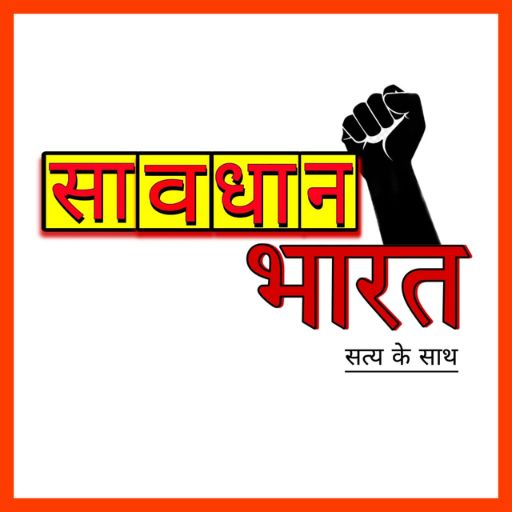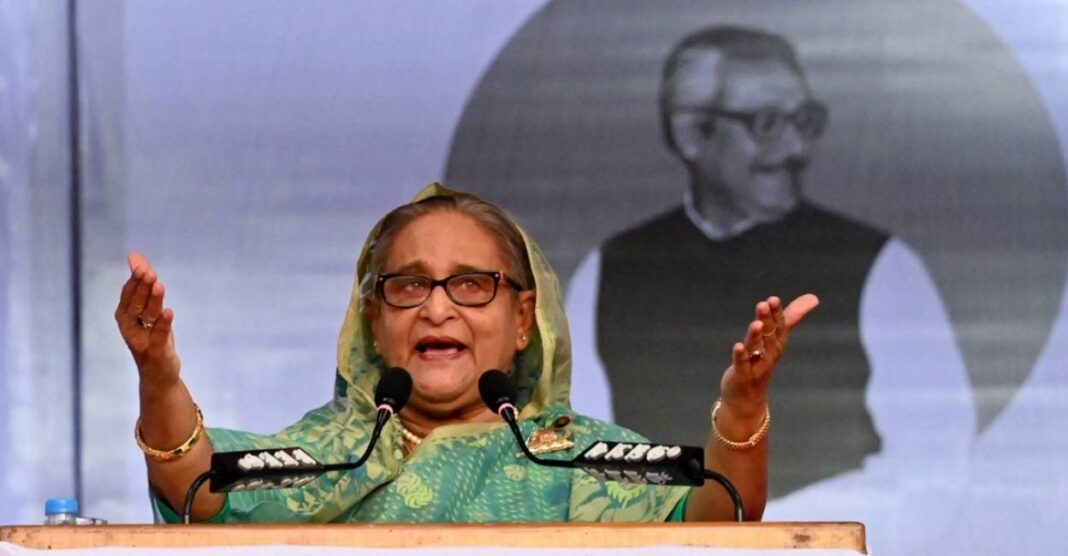Bangladesh Election: Bangladesh found itself at the epicenter of political tensions as the nation embarked on its 12th general assembly election, marked by the conspicuous absence of the opposition Bangladesh Nationalist Party (BNP), led by former Prime Minister Khalida Zia. The decision by the BNP to boycott the elections set the stage for a controversial political showdown, with Prime Minister Sheikh Hasina’s Awami League emerging as the primary contender. The election unfolded against a backdrop of allegations, protests, and a fervent discourse on the state of democracy in the country.
Opposition Boycott:
The BNP’s refusal to participate in the electoral process was a defining moment in the lead-up to the elections. Citing concerns over the fairness and freedom of the polls, the opposition party, led by Khalida Zia, declared a boycott, deeming the election process neither free nor fair.
Sheikh Hasina’s Strong Remarks:
Prime Minister Sheikh Hasina did not mince words when she labeled the BNP as a “terrorist organization” immediately after casting her vote. This characterization reflects the deep-seated animosity between the ruling Awami League and the boycotting opposition. Hasina underscored the importance of maintaining democracy for the continued development of the country.
Defending Democracy:
In her post-vote statement, Sheikh Hasina passionately defended the democratic system, citing achievements made during the period from 2009 to 2023. She emphasized that democracy is essential for the progress of the nation and the protection of people’s rights.
BNP’s Allegations and Protest:
Not content with a mere boycott, the BNP escalated its opposition by calling for a 48-hour nationwide strike. The party demanded the resignation of what they termed Hasina’s “illegal government” and urged the public not to participate in what they labeled a “sham” election. These moves further heightened tensions in the political landscape.
Election Day Details:
Despite the boycott, the general elections involved a substantial number of voters, with over 119.6 million registered voters participating across more than 42,000 polling stations. The absence of the main opposition party left the field open for over 1,500 candidates from 27 political parties and 436 independent candidates to contest the elections.
Anticipated Outcome:
With the main opposition party boycotting the elections, Prime Minister Sheikh Hasina was widely expected to secure a fourth consecutive term. The unfolding events and the aftermath of the election will undoubtedly shape the political trajectory of Bangladesh and influence the ongoing discourse surrounding democracy and governance in the nation.
Conclusion:
As Bangladesh navigates the aftermath of the general elections, the political landscape remains charged with controversy and questions about the future direction of the country. The absence of a significant opposition presence during the electoral process casts a shadow over the legitimacy of the outcome, prompting a critical examination of the state of democracy in Bangladesh.
Bangladesh Election:
Read here: “Edmonton Oilers Extend Winning Streak to Seven with Hyman’s Hat-Trick Against Senators”



